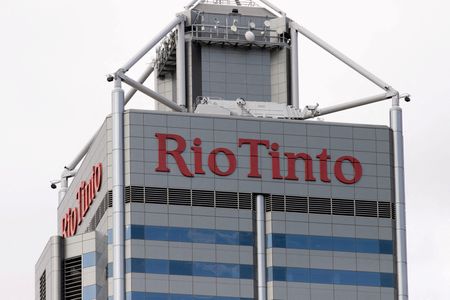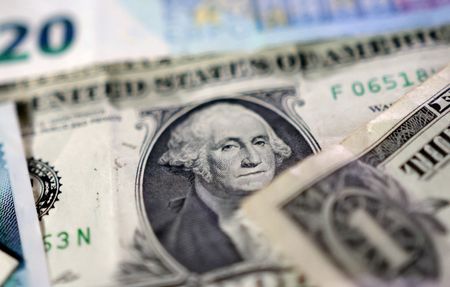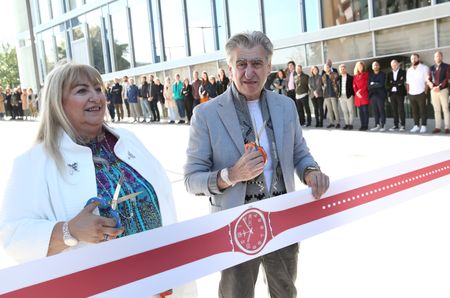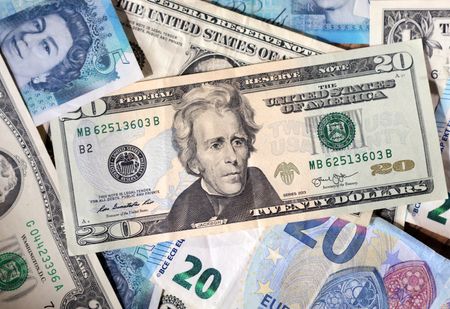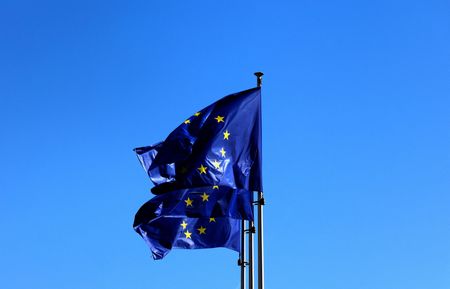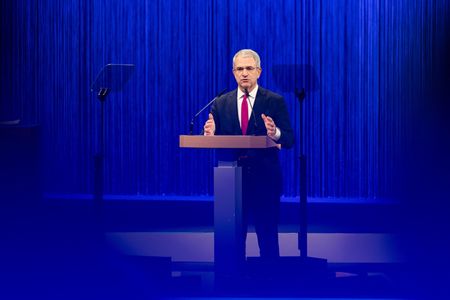By Lucila Sigal
BUENOS AIRES (Reuters) -Argentina’s government on Tuesday approved a $2.5 billion lithium mining project by Anglo-Australian giant Rio Tinto, marking the first mining project under a new investment incentive regime.
The approval of Rio Tinto’s Rincon project, located in the northern Salta province, under the RIGI incentive scheme was announced by the country’s mining and energy coordination secretary Daniel Gonzalez at a conference in the capital Buenos Aires.
Argentina’s mining sector has expressed concerns over delays in approvals for seven projects submitted to the government since the RIGI program was launched nine months ago.
“We are grateful because there was strong anxiety over what was happening with the mining RIGIs,” the head of Argentina’s CAEM mining chamber, Roberto Cacciola, told the conference. “This was major news.”
President Javier Milei’s libertarian government is looking to boost the South American country’s mining sector to bring in much-needed foreign currency and maintain economic stability as the country faces painful inflation levels.
Argentina is the world’s No. 4 lithium supplier and together with Chile and Bolivia forms the so-called “lithium triangle” that holds the world’s largest reserves of the white metal used in electronics, electric vehicles and other key technologies.
The South American nation also exports gold and silver and has major copper projects in the pipeline, though none are currently producing.
Other firms that applied for mining projects under the RIGI program include China’s Ganfeng, Canada’s McEwen Copper and South Korea’s Posco.
Five of the projects are for lithium, while the remaining two are for gold and copper, respectively. However, only Rio Tinto’s project was approved as of Tuesday, despite a rule that a decision must be made in a maximum of 45 working days.
Industry sources said the government likely did not intend to cause delays, but it was facing complex approval processes involving various state departments and some companies may have rushed to apply at too early a stage to meet the criteria.
Reuters contacted several state agencies, but they did not immediately respond to requests for comment.
The RIGI framework is intended to provide tax and customs benefits, access to international arbitration in case of disputes and long-term stability plans.
Argentina exported $4.8 billion of minerals last year, largely gold, followed by shipments of silver and lithium.
(Reporting by Lucila Sigal; Editing by Brendan O’Boyle, Natalia Siniawski and Jamie Freed)

